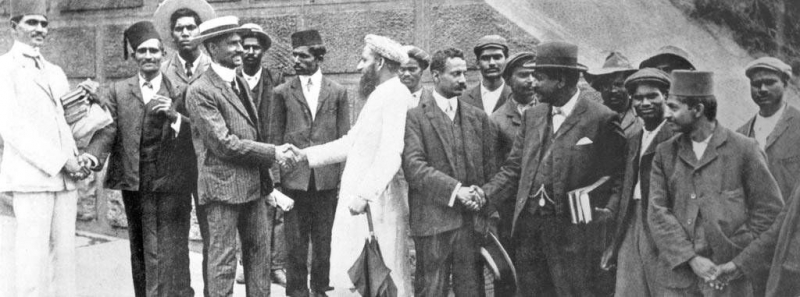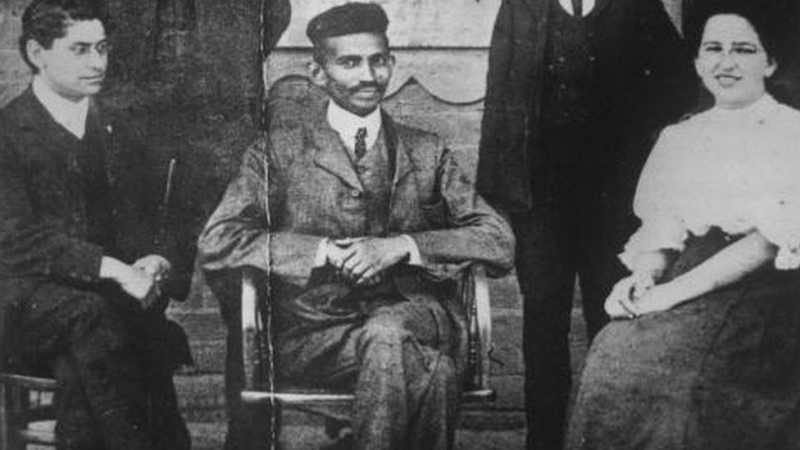Gandhi lived in South Africa for 21 years
Gandhi will face chances and problems in Africa that he could never have imagined. He would ultimately stay there for more than two decades, only briefly visiting India again in 1896–1897, which is considered one of the most interesting facts about Mahatma Gandhi. There were the births of his two youngest of four children.
Gandhi was instantly made aware of the racial prejudice present in South Africa. He was asked to remove his turban in a Durban court by the European magistrate; he declined and walked out. A few days later, while traveling to Pretoria, he was abruptly ejected from a first-class rail car and left shivering and dejected at the Pietermaritzburg rail station. As he continued on that voyage, a white stagecoach driver assaulted him for refusing to move to the footboard to make place for a European passenger, and eventually, he was denied access to hotels designated "for Europeans only." These humiliations were a common occurrence for Indian laborers and dealers in Natal, who learned to accept them with the same resignation they accepted their meager pay.
Gandhi's response, not his experience, was novel. He had not displayed any overt aggression or self-aggrandizement up to this point. He reacted badly to the insults thrown at him, but something occurred to him. In retrospect, he felt that the trip from Durban to Pretoria was one of the most original experiences of his life; it was also his turning point. He would no longer accept injustice as a component of South Africa's natural or unnatural order; instead, he would stand up for his dignity as an Indian and as a man.












